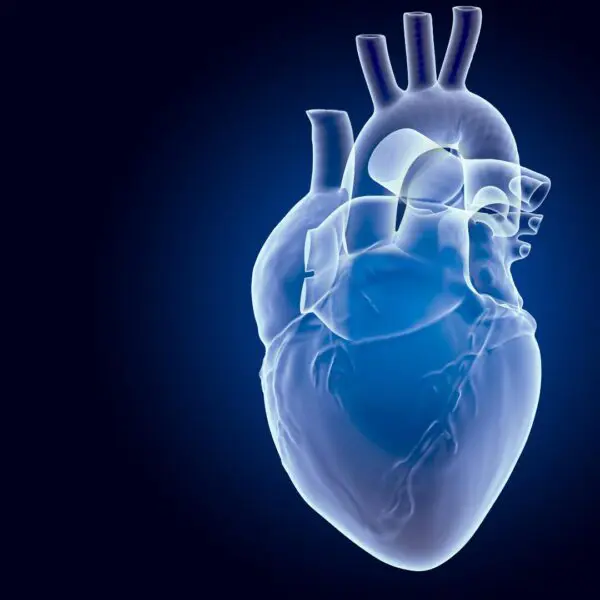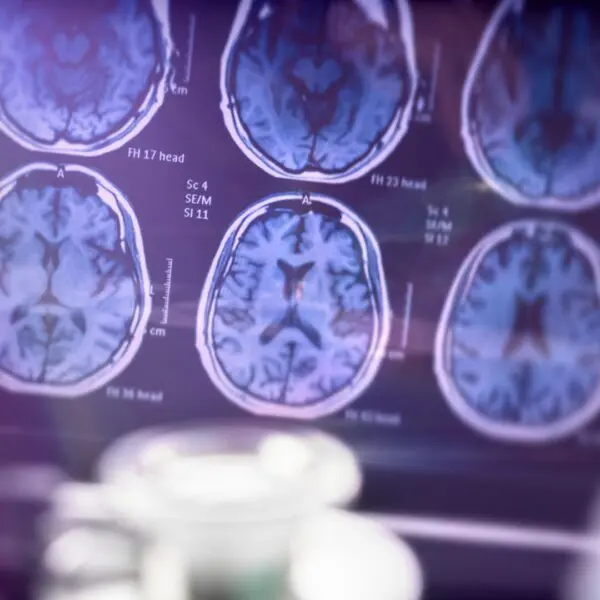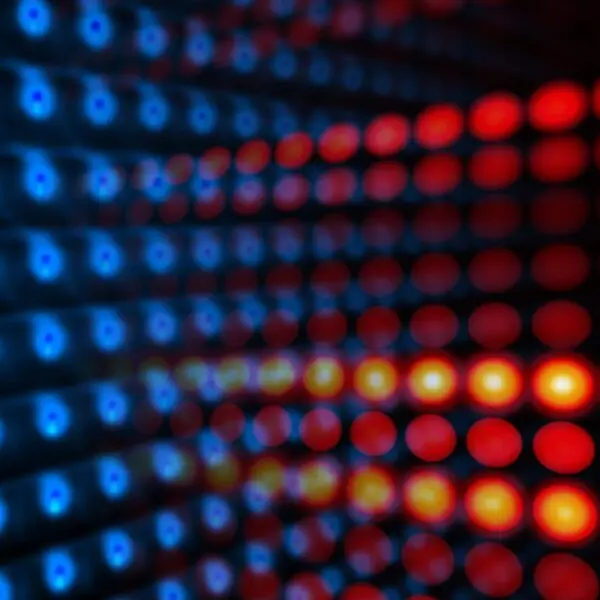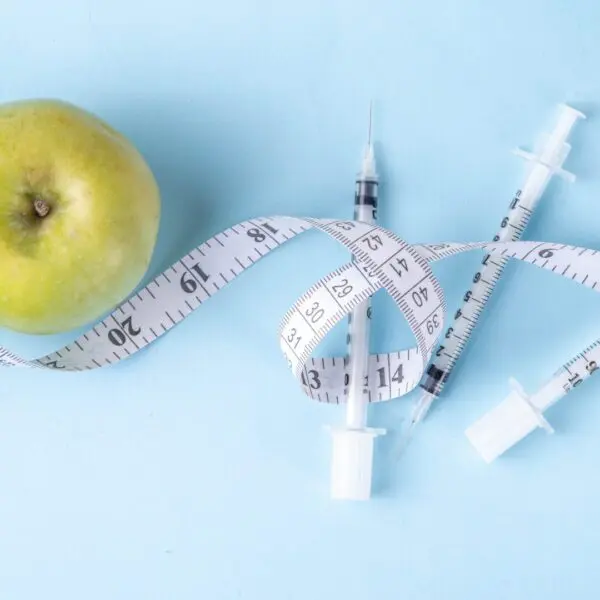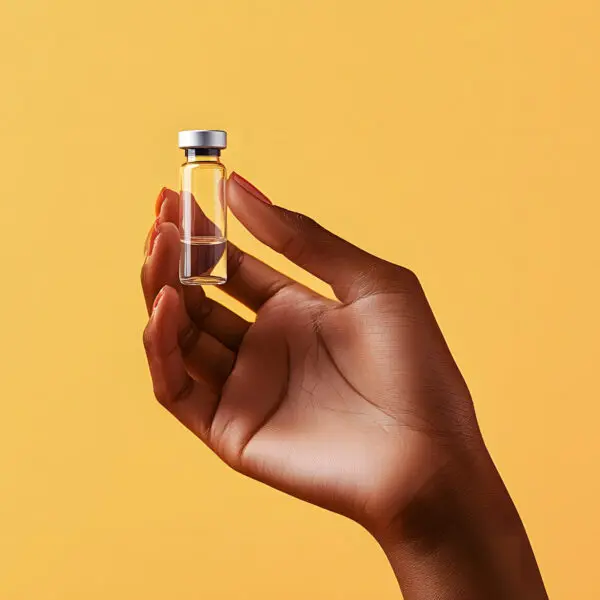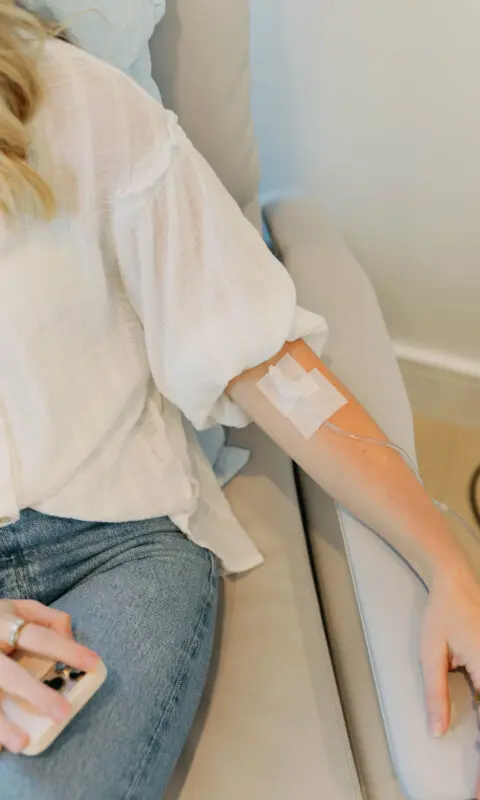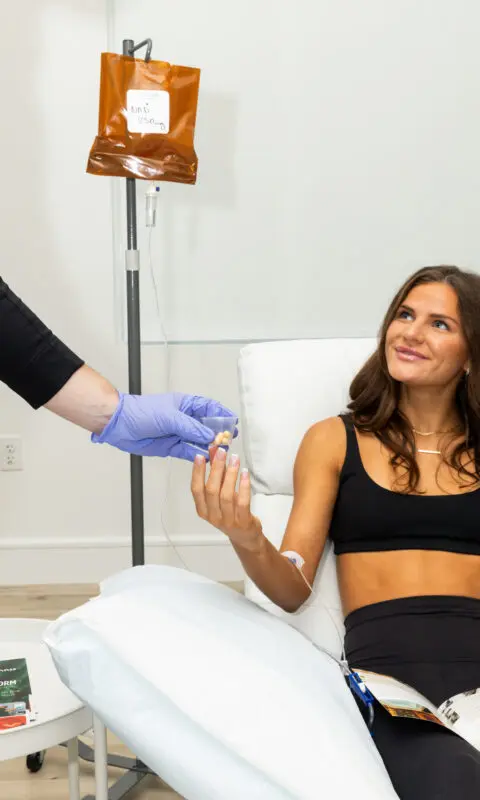NAD+ is present in the mitochondria of each cell and has been shown to decline steadily over time, reaching about 50% decline by ages 40-60. The mitochondria are known as the powerhouse of the cell and make ATP or energy within the cell. Without sufficient NAD+ our mitochondria struggle to make sufficient energy, which can be very taxing to our vital organs and causes many of the symptoms of aging.
With NAD+ modulation, we are able to stimulate a group of anti-aging genes called sirtuins, which activate mitophagy and mitochondrial biogenesis, enhancing the quality of the mitochondria and creating an age reversal effect. Because of this, NAD+ stores can lead to improved performance, slow the process of aging, and revitalize our hard working organs.
NAD+ plays a key role in metabolism and DNA repair, which is very important in the prevention of chronic illnesses and even cancer. The organs with the highest concentrations of NAD+ are the heart and brain, so the lack of NAD+ can put these organs at risk for degenerative conditions (ie. Alzheimers). For this reason, NAD+ can potentially be very effective in preventing dementia, Parkinsons, and even multiple sclerosis.
For many, the early signs of aging include periods of brain fog, forgetfulness, reduced athletic performance, fatigue, and changes of the skin. Supplementation of NAD+ has been shown to revitalize the body from the inside out, which results in reducing each of these symptoms and much more.
